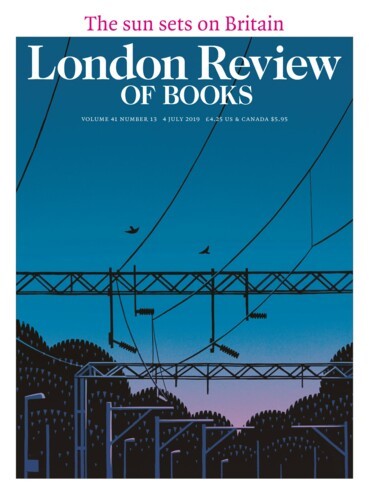Macron’s War
Didier Fassin, 4 July 2019
Neoliberal attitudes are what one might expect of a man who had no background in politics but networked his way through a brief career in investment banking. This was evident from the policies he implemented when he came to power: a flat tax on interest from capital and abolition of the wealth tax; a rewriting of the labour code to expand corporate power; taking away protections for railworkers; the end of inflation-indexed pensions; a cut in housing benefit for the poor; a 15-fold rise in college tuition fees for students outside the European Economic Area; the full privatisation of companies in which the state is a majority shareholder, including those that run the Paris airports. Comparisons have been made with Donald Trump’s reforms, but a better analogy is with Thatcher and Blair.



